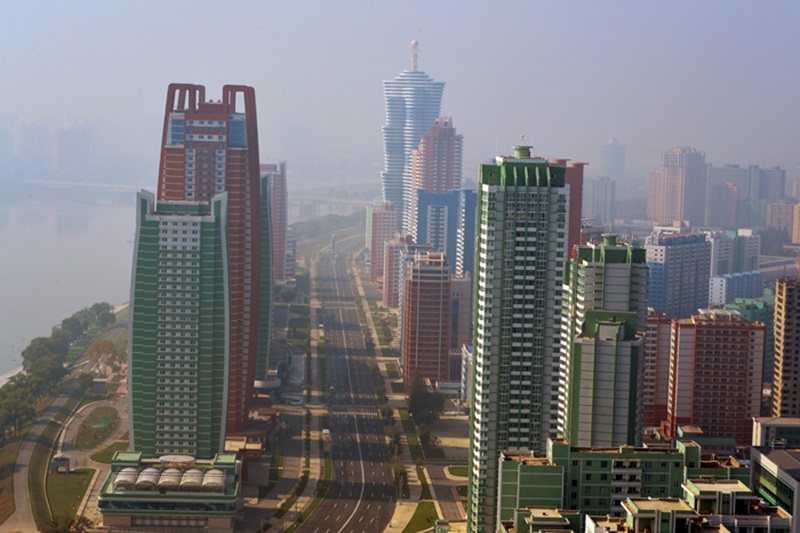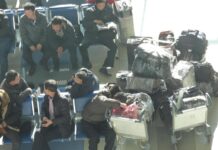In Pyongyang, eating “stamina foods” such as terrapin or duck was the trendy thing to do to mark the New Year. In fact, the number of donjuLiterally "masters of money," donju refers to people who hav... More (North Korea’s wealthy entrepreneurial class) or cadres enjoying such dishes is reportedly on the rise as authorities stress the importance of preventing infectious diseases like COVID-19.
A source in Pyongyang told Daily NK on Sunday that many people have been eating stamina foods since the start of the year, “perhaps because the Workers’ Party has been conducting health-related lectures for each organization on how it’s important to build your immunity against infectious diseases.” He said some people are even saying you can tell how well-off a family is “based on which [stamina food] they choose: terrapin, duck, quail or pork.”
He added: “The authorities are emphasizing that the most important thing in preventing infectious diseases during the wintertime is to ‘supplement your nutrition,’ so families are seeking out popular restaurants [specializing in stamina foods].”
In North Korea, the practice of eating stamina foods is not new. The country has a poor healthcare system, so people have long been forced to look after their own health, and even ordinary people eat stamina foods such as dog or rabbit in the summer.
The difference this time, according to the source, is that eating stamina foods has become a trend because the authorities are constantly emphasizing the importance of (good) nutrition.
Even cadres who responded to the call from the authorities to build “immunity to the coronavirus” by heading to swanky restaurants serving dishes such as terrapin say there is “nothing wrong” with doing so. That is to say, they consider it a golden opportunity to show off their status as upper-class families while simultaneously “fulfilling Party policy.”

“Cadres and donjuLiterally "masters of money," donju refers to people who hav... More call up the Okryu-gwan or the People’s Service General Bureau, which manages such restaurants, to tell them what day and what time they’d like to eat,” said the source. “The food they want is prepared for them, so they can enjoy it at ease.”
According to the source, at the eight specialized restaurants operating downtown under the People’s Service General Bureau, “they’ve recently been serving unusual dishes such as eel, ostrich, bullfrog and sturgeon.” He further noted that “people who go to such places are almost all cadres or donjuLiterally "masters of money," donju refers to people who hav... More, as well as their children or relatives.”
Since restaurants have had to close following the implementation of “super-class” quarantine measures, some cadres are turning to home deliveries of stamina food.
“These days, many upper-class people and donjuLiterally "masters of money," donju refers to people who hav... More pay chefs and cooks to come over so that they can eat terrapin shells or other terrapin dishes at home with their families. It became a fad in Pyongyang in the runup to the New Year.”
For ordinary people, however, this is all pie in the sky.
“I really can’t understand Pyongyang. They tell us people living in the provinces to prevent [the spread of] coronavirus by putting lots of garlic in our food, but we hear [Pyongyangites] are eating terrapin, duck and quail. It’s like listening to people talk about another country. It’s absurd,” a source who lives in North Pyongan Province told Daily NK.
“In the provinces [outside of Pyongyang], with smuggling stopped because of the border blockade, we can’t even consider eating foods that provide additional nutrition during the winter, given that even pork is hard to come by,” he said. “This is the toughest time we’ve faced since the country moved to self-reliance [less reliance on the state] following the Arduous March [the great famine during the mid- to late 1990s].”


















